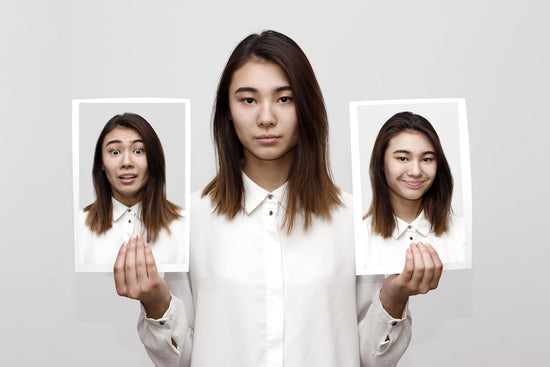
Undiagnosed autism in children: missing chances to play
Undiagnosed autism in children: missing chances to play
2009, Ireland. A Primary schoolroom is full of third-class students. The teacher is teaching, some students are paying attention, some are not, it’s a typical big classroom, the tables are in lines facing the front where the teacher stands at the whiteboard. Just a typ- “Turn around, Lindsey.”
Wait, who is that? One girl is at a desk on her own out in the area where you collect your coats? She must be weird; why else would she be sitting there?
“I’m just trying to see the board.”
The teacher glares and repeats herself. The weirdo turns around in her seat as the teacher continues to teach, some students continue to pay attention, some still not.
Wait a minute, no! That weirdo is me. 9-year-old me. I’ve forced these memories down, I don’t want to remember the pain and isolation. Don’t bring me back.
Too late!
I am now in my 9-year-old body, staring at the line of coats plastering the wall. Every few seconds, turning my head around quickly to try and see the board. Eventually giving up. I emigrate into my own mind, to a school where I am with everyone else again, where I can sit with my peers without them sliding to the edge of their seat worried, I’d brush against them, where I don’t get constantly poked by pencils and called a weirdo.
A girl is told to start handing out sheets, but the teacher takes one out and hands it to me instead. I begin to try and ask what we are doing, but she is gone so fast. Back to her desk on the other side of the room, where I am barely visible. I do what any shy, confused nine-year-old would do and raise my hand, 1 minute, 2 minutes. I’m not being noticed. Well, not by the teacher. Some people at the end of the line of chairs laugh at me, I know they won’t help.
Resigned, I try to do the sheet. Guessing all the answers.
Days later, I realize I got nothing right.
Days later, I’m still sitting on my own by the coats. It was meant to be a two-day punishment, that was on Monday. It is was now Friday, and I was still not allowed to move.
I hated sitting with my class, but sitting on your own away from everyone is worse. I was even too ashamed to tell my parents in case I got in trouble.
I never got in trouble at home. The school was different. I’d get in trouble and not know at all why.
Sitting in the empty, cold hallway for punishment. Missing my chance to play. My friends made plans during lunch without me, because their parents didn’t want the “weird girl” in their houses. They loved to remind me of that.
Monday comes, still on my own. Weeks pass, three…maybe four. When I am finally allowed to join my class again.
That lasted for two weeks before I was moved back to what was now called: Lindsey’s area.
I wish I could say it worked out, that something happened to help me. But no. This continued until the day I stepped out of primary school in sixth class. After not showing up for two months. I went to my last day.
To happily say fuck you to the school.
I didn’t know secondary wouldn’t be any better.










